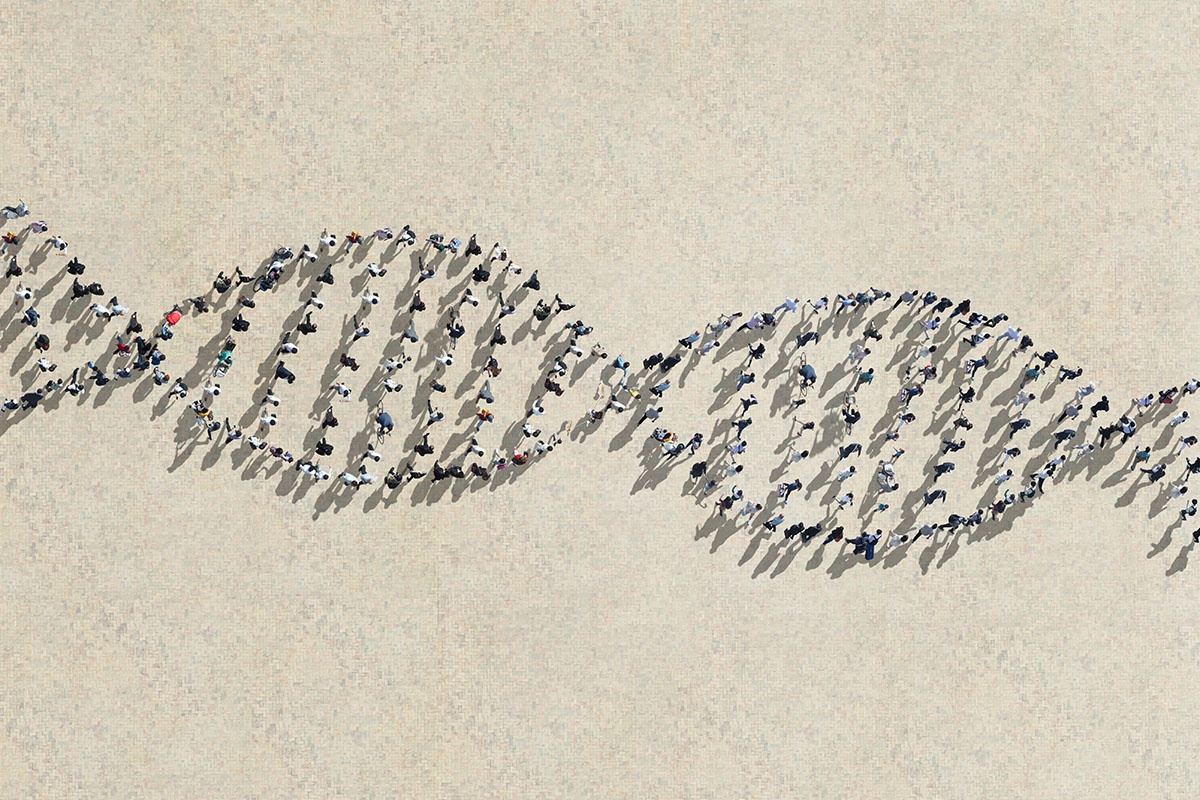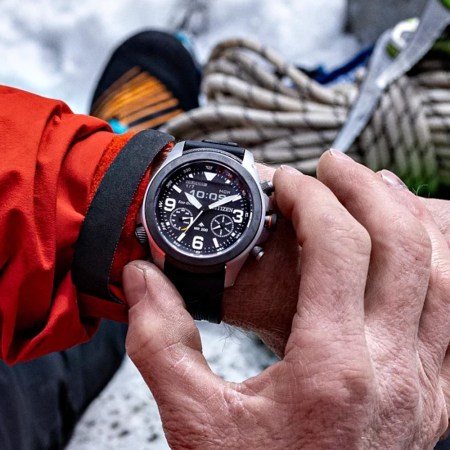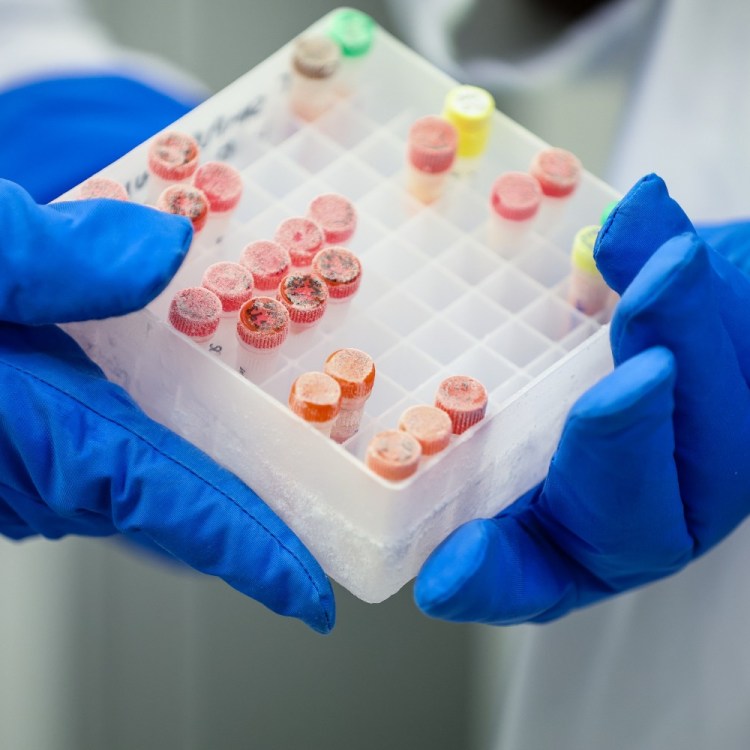It’s common for us to sigh in disbelief when someone dies at what we perceive as a premature age. We say, “57? Oh, man. He was so young. That’s really sad.”
But that line of thinking presupposes that one’s chronological age is the ultimate indicator of one’s longevity. In reality, birth date might not matter nearly as much as your behaviors — how you work, how you eat, how you sleep. One’s lifestyle produces the more accurate biological age. The late 57-year-old might have had the epigenetic markers of a 75-year-old.
How to zero in on that number, though? Aging clocks, which were recently voted a top breakthrough by readers of MIT Technology Review, look for patterns in the DNA of your vital organs, in order to assess how much they’ve “degraded.” Some clocks are designed to figure out exactly how much your body’s already aged, while others look to express the pace of your aging. In the last few years, hundreds of these tools have emerged from labs across the world, though there isn’t yet a definitive agreement on which method is most effective.
According to a clock dubbed DNAm PhenoAge — which was developed with Steve Horvath, a pioneering researcher in the field — a one-year increase in “phenotypic age” is “associated with a 9% increase in death from any cause,” as MIT Technology Review explains. (It’s a particular predictor for cancer, diabetes and heart disease.)
That said, age clocks are pesky and the science is young. At this point, not every researcher is absolutely convinced that having a higher biological age is cause for alarm, while Horvath himself acknowledges that errors are common when tracking epigenetic markers. (Results can sometimes be off by several years.)
On your end, proceed cautiously with consumer-facing labs that are peddling “true biological age tests.” There are a few out there at the moment, some popping up on social-media feeds, promising the lifespan equivalent of an ancestry test. But aging clocks need a little time of their own before they’re ready to dole out definitive results. Besides, researchers point out that any number you receive isn’t a direct expression of how long you’ll live. That’s to say, if you’re three years above your chronological age, you haven’t lost those three years forever.
If anything, the number is an indicator of where your health is, and where it’s heading, barring some positive shifts. And ultimately, those positive shifts are no great mystery. They’re already tied to the boring clinical markers that we’re used to hearing about at the doctor’s office. The marching orders remain the same: Cut back on drinking, cut out processed foods, worship your sleep, make sure to move a little bit every day, don’t overdo it at work, spend time with loved ones, and your biological age, whether you know it or not, should respond in kind.
Whether you’re looking to get into shape, or just get out of a funk, The Charge has got you covered. Sign up for our new wellness newsletter today.


















